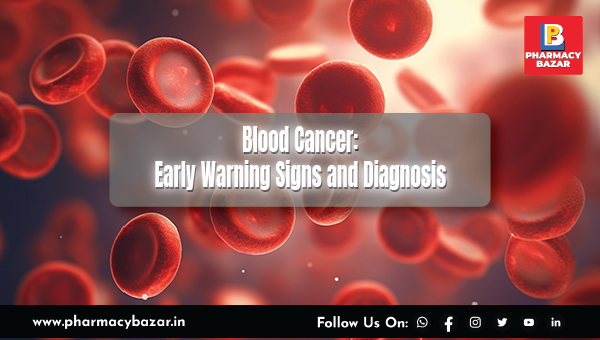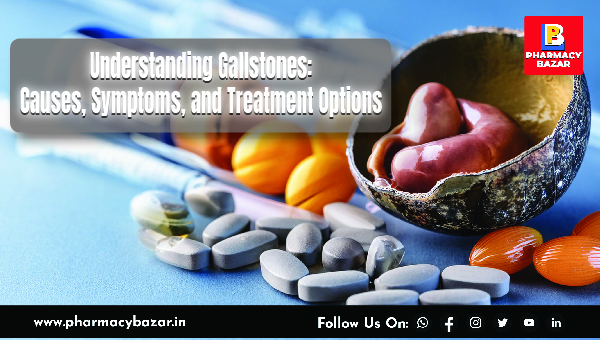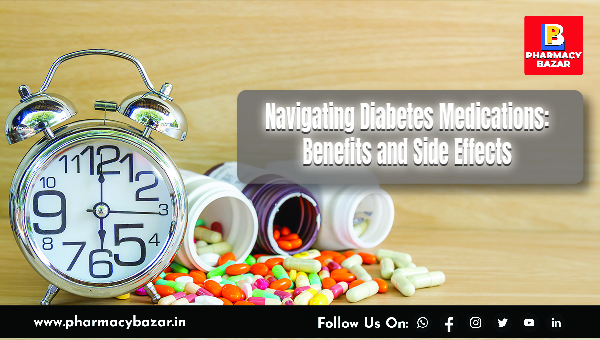UNDERSTANDING KIDNEY DISEASE: TYPES, SYMPTOMS, AND TREATMENTS
Apr 08, 2023
Kidney disease, also known as renal disease, is a chronic condition that affects the function of the kidneys, leading to a buildup of waste products and fluid in the body. The kidneys are two bean-shaped organs located in the lower abdomen that perform several critical functions, including filtering waste products from the blood, regulating electrolyte balance, and maintaining blood pressure. When the kidneys become damaged or diseased, their ability to perform these functions is impaired, leading to various complications. In this article, we will discuss the causes, symptoms, diagnosis, and treatment of kidney disease.
Causes of Kidney Disease:
There are several causes of kidney disease, including:
1. Diabetes: High blood sugar levels can damage the blood vessels in the kidneys, leading to kidney disease.
2. High blood pressure: High blood pressure can damage the blood vessels in the kidneys, impairing their function.
3. Autoimmune diseases: Autoimmune diseases such as lupus and rheumatoid arthritis can damage the kidneys.
4. Infections: Infections such as pyelonephritis and glomerulonephritis can damage the kidneys.
5. Genetic disorders: Genetic disorders such as polycystic kidney disease can lead to kidney disease.
Symptoms of Kidney Disease:
The symptoms of kidney disease can vary depending on the severity of the condition. Early stages of kidney disease may have no symptoms, while advanced stages can lead to severe complications. Some common symptoms of kidney disease include:
- Fatigue
- Swelling in the legs, ankles, feet, or face
- Decreased urine output or increased urination at night
- Shortness of breath
- Nausea and vomiting
- Loss of appetite
- Itchy skin
- High blood pressure
- Blood in the urine
- Diagnosis of Kidney Disease:
To diagnose kidney disease, your doctor may perform several tests, including:
1. Blood tests: Blood tests can measure the levels of waste products and electrolytes in the blood.
2. Urine tests: Urine tests can check for the presence of protein or blood in the urine.
3. Imaging tests: Imaging tests such as CT scans, MRI, and ultrasound can provide detailed images of the kidneys and urinary tract.
4. Biopsy: A kidney biopsy involves removing a small sample of kidney tissue to check for signs of damage or disease.
Treatment of Kidney Disease:
The treatment of kidney disease depends on the underlying cause and the stage of the disease. Some common treatments include:
- Medications: Medications such as ACE inhibitors or ARBs can help control blood pressure and slow the progression of kidney disease.
- Dialysis: Dialysis is a treatment that uses a machine to filter waste products and excess fluids from the blood when the kidneys cannot do so.
- Kidney transplant: A kidney transplant involves replacing a diseased kidney with a healthy kidney from a donor.
- Lifestyle changes: Lifestyle changes such as following a healthy diet, exercising regularly, quitting smoking, and managing diabetes and high blood pressure can help prevent kidney disease or slow its progression.
Here is a list of kidney diseases, their symptoms, and treatments:
Chronic Kidney Disease (CKD): A long-term condition in which the kidneys lose their ability to function properly over time.
Symptoms: Fatigue, swelling in the legs and ankles, decreased urine output, blood in urine, high blood pressure, and bone pain.
Treatment: Control blood pressure and blood sugar levels, follow a healthy diet, quit smoking, exercise regularly, medications to manage complications, dialysis or kidney transplant in advanced stages.
Acute Kidney Injury (AKI): A sudden and temporary loss of kidney function, often caused by dehydration, infection, or medication toxicity.
Symptoms: Decreased urine output, fatigue, swelling, nausea, vomiting, and confusion.
Treatment: Address the underlying cause, manage symptoms, supportive care, and dialysis in severe cases.
Polycystic Kidney Disease (PKD): A genetic disorder that causes fluid-filled cysts to form in the kidneys, leading to kidney damage and dysfunction.
Symptoms: Pain in the back and sides, high blood pressure, frequent urination, blood in urine, and kidney stones.
Treatment: Medications to manage pain, high blood pressure, and infections, dialysis or kidney transplant in advanced stages.
Glomerulonephritis: Inflammation of the glomeruli, the tiny filters in the kidneys that remove waste products from the blood.
Symptoms: Blood in urine, foamy urine, swelling in the face and feet, and high blood pressure.
Treatment: Medications to reduce inflammation and manage symptoms, dialysis, or kidney transplant in advanced stages.
Nephrotic Syndrome: A condition in which the kidneys leak large amounts of protein into the urine, leading to swelling in the body and an increased risk of infections.
Symptoms: Swelling in the legs and ankles, fatigue, foamy urine, and weight gain.
Treatment: Medications to reduce proteinuria and manage symptoms, follow a low-salt diet, and manage underlying conditions.
Pyelonephritis: A bacterial infection that affects the kidneys and urinary tract, causing pain, fever, and discomfort.
Symptoms: Pain in the back and sides, fever, chills, nausea, and vomiting.
Treatment: Antibiotics to treat the underlying bacterial infection, pain management, and fluids to prevent dehydration.
IgA Nephropathy: A condition in which the immune system attacks the kidneys, leading to inflammation and damage.
Symptoms: Blood in urine, swelling in the legs and ankles, and high blood pressure.
Treatment: Medications to reduce inflammation and manage symptoms, dialysis, or kidney transplant in advanced stages.
Alport Syndrome: A genetic disorder that affects the collagen in the kidneys, leading to kidney damage and dysfunction.
Symptoms: Blood in urine, hearing loss, vision problems, and swelling in the legs and ankles.
Treatment: Manage symptoms, dialysis, or kidney transplant in advanced stages.
Renal Artery Stenosis: A condition in which the arteries that supply blood to the kidneys become narrow, leading to decreased blood flow and kidney function.
Symptoms: High blood pressure, fatigue, decreased urine output, and swelling in the legs and ankles.
Treatment: Medications to manage blood pressure, angioplasty, and stenting to widen the narrowed artery, and dialysis or kidney transplant in advanced stages.
Kidney Stones: Hard deposits of minerals and salts that can form in the kidneys and urinary tract, causing pain and discomfort.
Symptoms: Severe pain in the back and sides, nausea, vomiting, and blood in the urine.
Treatment: Pain management, fluids to help pass the stone, and surgery or shockwave therapy to remove the stone if necessary.
It is essential to seek medical attention if you experience any symptoms of kidney disease, as early detection and treatment can help prevent complications and slow the progression of the disease.
DISCLAIMER: This article is the property of Pharmacy Bazar and is protected by copyright laws. The information provided in this article is for educational and informational purposes only and is not intended to be a substitute for professional medical advice, diagnosis, or treatment. Always seek the advice of a qualified healthcare provider with any questions you may have regarding a medical condition. Never disregard professional medical advice or delay in seeking it because of something you have read in this article. The author and publisher of this article do not endorse any specific treatments, procedures, or products mentioned in this article.
Recent Post

Blood Cancer: Early Warning Signs and Diagnosis

Understanding Gallstones: Causes, Symptoms, and Treatment Options

Navigating Diabetes Medications: Benefits and Side Effects

Revolutionizing Cancer Treatment: How Unleashing T Cells' Energy Could Transform Immunotherapy

The Power of Lower Back Stretches: Benefits and Best Yoga Asanas for a Healthy Spine

8 Health Conditions That Could Be Due to Magnesium Deficiency

Unlocking Brain Health: How Lifestyle Choices Impact Cognitive Functions

When Speech Takes a Surprising Turn: Unraveling Foreign Accent Syndrome

The Optimal Time to Take Your Vitamin D Supplement: Insights and Best Practices

Beyond Diabetes: Unveiling the Hidden Health Risks of Insulin Resistance

